As the nation's top health official, Robert F. Kennedy Jr. has long been a vocal critic of vaccine safety. But his latest move has left many in the medical community stunned and concerned. In a shocking admission, Kennedy revealed that he personally directed the U.S. Centers for Disease Control and Prevention (CDC) to update its website, contradicting decades of scientific consensus that vaccines do not cause autism.
The change, which was quietly implemented on Wednesday, has sparked widespread criticism from experts and has left many wondering what motivated Kennedy to take such a drastic step. According to an interview with The New York Times, Kennedy claimed that he ordered the CDC to update its website to reflect his own views on the issue, which he believes are supported by studies showing a potential link between vaccines and autism.
But experts say that Kennedy's actions are not only misguided, but also potentially harmful to public health. "The idea that vaccines can cause autism is a myth that has been thoroughly debunked by science," said Dr. Peter Hotez, a leading vaccine expert and professor at Baylor College of Medicine. "The CDC's website update is a step in the wrong direction, and it's a disservice to the American people."
The CDC's vaccine safety page now claims that the statement "vaccines do not cause autism" is not based on evidence because it doesn't rule out the possibility that infant vaccines are linked to the disorder. The page also suggests that health officials have ignored studies showing a potential link. But experts say that this is a misrepresentation of the science.
"The CDC's website update is a classic example of cherry-picking data to support a preconceived notion," said Dr. Paul Offit, a pediatrician and vaccine expert at Children's Hospital of Philadelphia. "The overwhelming evidence shows that vaccines are safe and effective, and that there is no link between vaccines and autism."
Kennedy's actions have also raised questions about the independence of the CDC and the influence of politics on public health policy. As the head of the CDC, Kennedy has the power to shape the agency's policies and guidelines, but experts say that he should be relying on science, not personal opinions, to inform his decisions.
"The CDC's mission is to protect public health, not to promote a particular ideology or agenda," said Dr. Anne Schuchat, a former CDC director and current professor at the University of California, Berkeley. "Kennedy's actions are a threat to the integrity of the agency and the trust that the public has in its guidance."
The implications of Kennedy's actions are far-reaching and potentially devastating. If the CDC's website update is allowed to stand, it could lead to a decline in vaccination rates, which could have serious consequences for public health. According to the CDC, vaccination rates have already been declining in some parts of the country, and experts say that this trend is likely to continue if Kennedy's policies are not reversed.
As the nation grapples with the implications of Kennedy's actions, experts are calling for a return to science-based decision-making at the CDC. "The CDC's website update is a step in the wrong direction, and it's a disservice to the American people," said Dr. Hotez. "We need to get back to the science and rely on evidence-based decision-making to protect public health."
In the end, Kennedy's actions are a reminder that public health policy should be guided by science, not personal opinions or ideology. As the nation moves forward, experts say that it's time to put the politics aside and focus on what really matters: protecting the health and well-being of the American people.
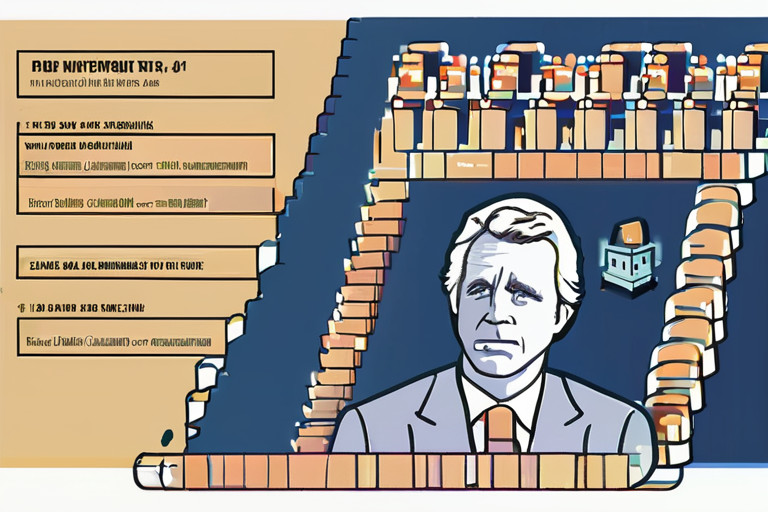


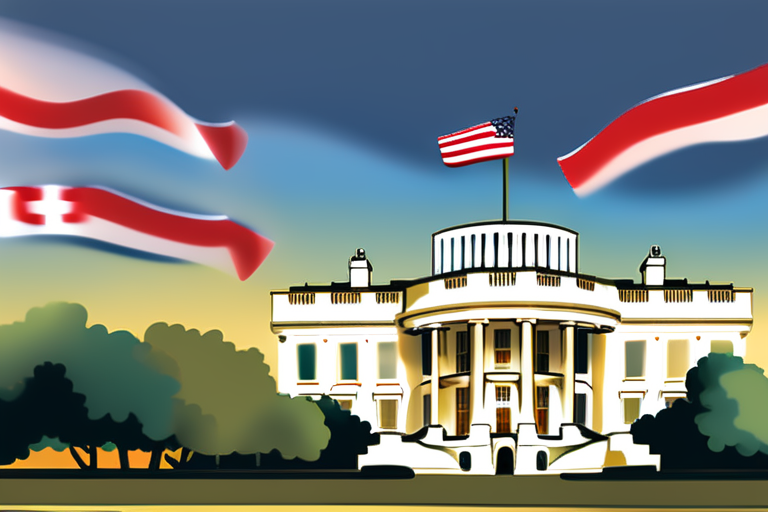


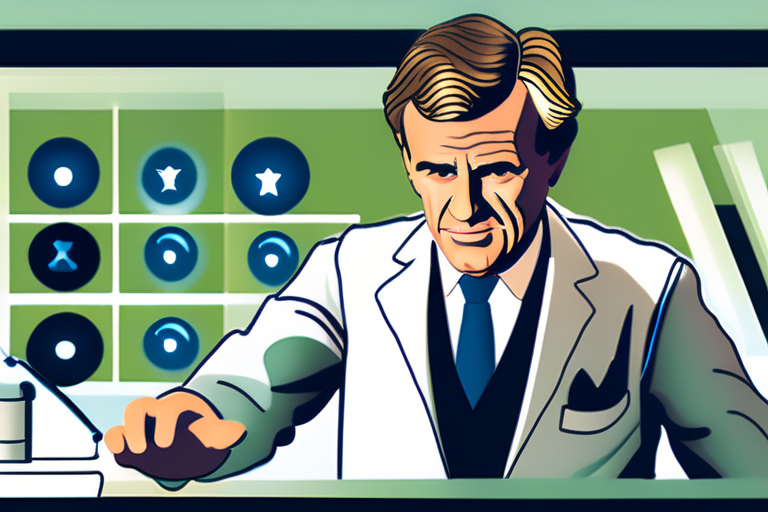
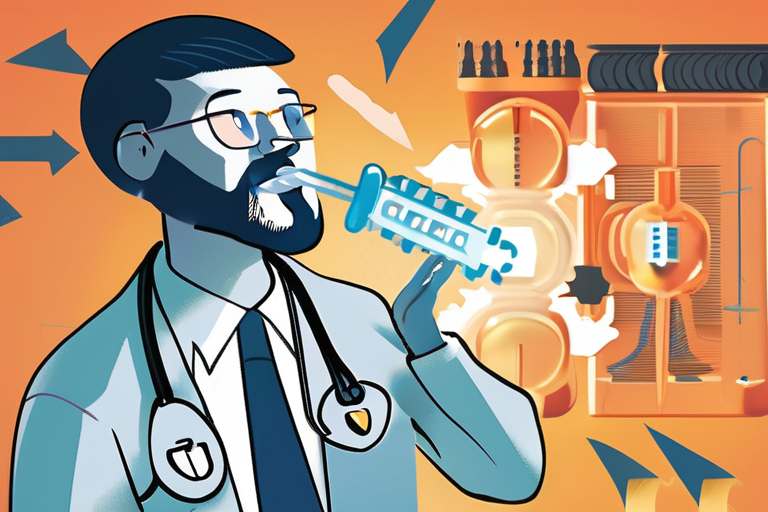


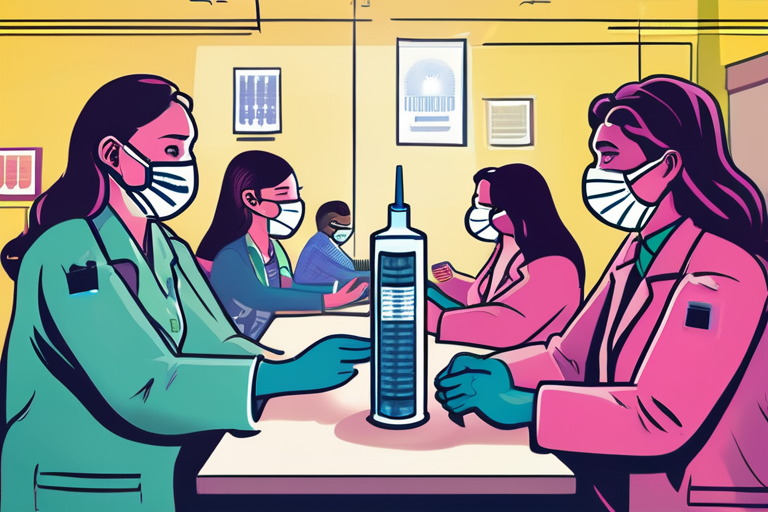

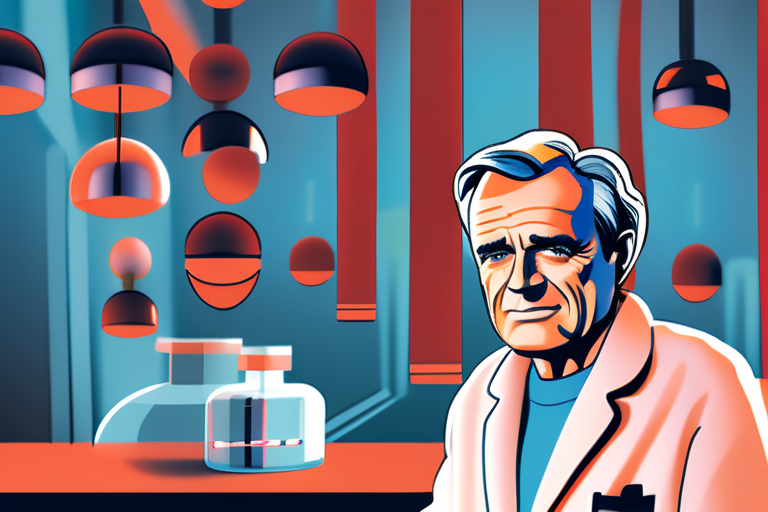


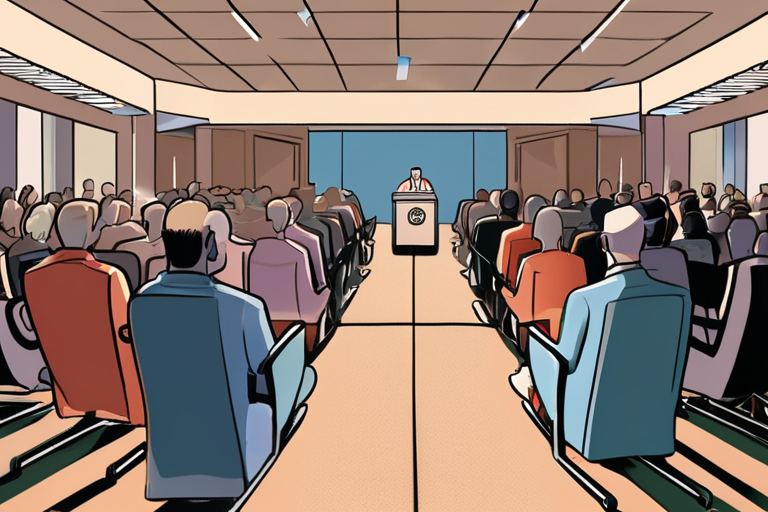



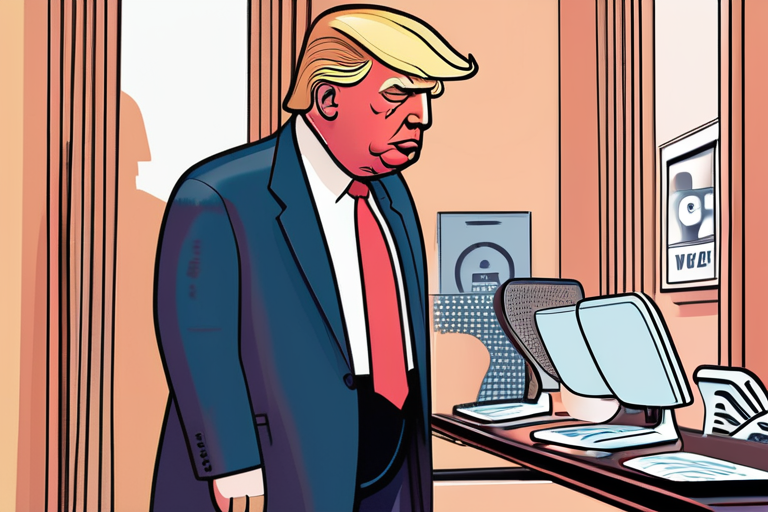


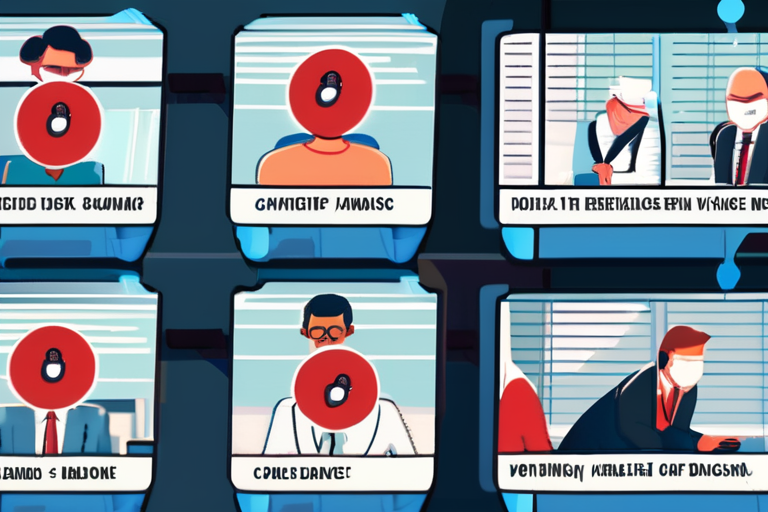
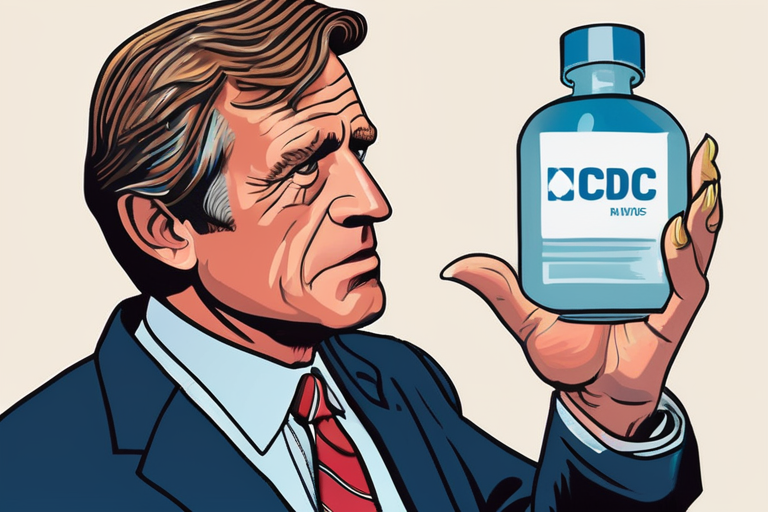

Share & Engage Share
Share this article